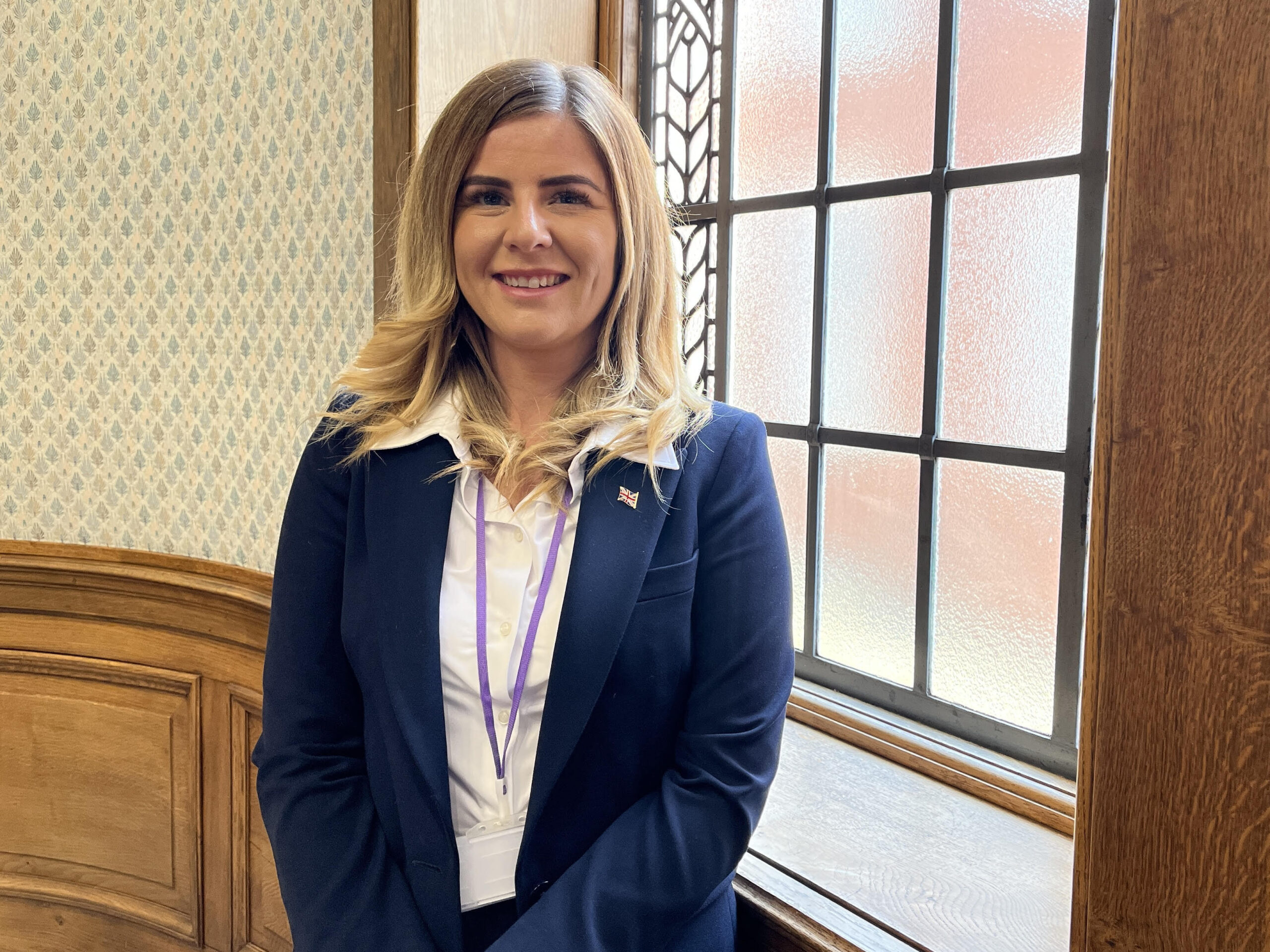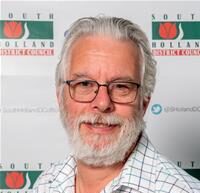Lincolnshire is one of the three poorest parts of Northern Europe as measured in economic terms.
Indeed, Lincolnshire currently stands third bottom in the league table of Gross Domestic Product (GDP) as adjusted for local purchasing power across comparable Northern European areas, currently standing just above Cornwall and the Isles of Scilly, and West Wales and The Valleys.
In stark contrast, Inner London currently stands as the richest, most vibrant economic area across Northern Europe. This amazing disparity is neither fair nor defensible.
Moreover, it’s a little known fact that life expectancy in general and disability-free life expectancy beyond the age of 65 years in particular, has declined in Lincolnshire since Conservative austerity was introduced in 2010.
Prior to 2010, life expectancy across the UK had consistently been rising for 90 years at a rate of approximately one year of additional life for every four calendar years. Incidentally, life expectancy continues to rise across the EU, which we voted to leave on January 31. So, never again can EU membership mistakenly be blamed for conditions and services in Lincolnshire.
On the contrary, Sir John Hayes encourages all of us, in his latest ‘Hayes in the House’ column in the Lincolnshire Free Press to be optimistic and to refuse to be “cajoled and convinced by the unrelenting espousal of project fear.” So, in short, we have to assume that Sir John is guaranteeing conditions and services in Lincolnshire will improve from now on.
Sir John, in his optimism and enthusiasm for the future, might have mentioned that all MPs in Lincolnshire constituencies are now Conservatives. So, presumably, they’ll all be working collectively together to secure fairer funding for Lincolnshire across key issues, like council homes, healthcare, social care, council services, per pupil school funding, policing etc, and improving life expectancy, life chances and building a fairer, more equitable society locally.
However, although I’m a ‘chronic optimist’ by nature, I’m also a realist. So, I look at data and evidence. Sadly, I foresee two problems, which I hope Sir John will be able to address:
(1) Conservative Governments from 2015 onwards have consistently promised that all former EU funding for improvement projects in the UK (currently running at £8.4 billion over five years) will be matched by Westminster (funded by the so-called Brexit dividend) once we end our current EU transition period on December 31. This support was supposed to be called the “UK Shared Prosperity Fund.” Sadly, after five years of totally ineffectual government effort, the Local Government Agency (LGA) now says it has put “forward several recommendations for the design of the UKSPF but there is little chance of agreeing a new arrangement by December 31”.
Indeed, if you look at how EU Structural Funds have been deployed by Westminster in the past, you’ll see that Cornwall and the Isles of Scilly, and West Wales and The Valleys have received over 75-90 per cent more funding than Lincolnshire (aka “South East Midlands) – see https://bit.ly/37E3HTA. Sadly, this is an inconvertible fact.
(2) I fear that Boris Johnson, having promised to reverse all the damage done by former Conservative Party austerity (including policies like the Bedroom Tax, underfunded Universal Credit and cutting youth services), will focus his largesse in former Labour-voting areas that “lent him their votes” on December 12, 2019. This suggests that no money will trickle down to the people in Lincolnshire, as they always vote Conservative, and hence can conveniently be forgotten.
If you look at the South Holland District Council budget for 2020/21, as approved by the Cabinet, you’ll see the biggest swing factor is the outcome of the current Fair Funding Review, launched by Theresa May several years ago.
I believe the seven Conservative MPs, who collectively now represent Lincolnshire, must now step up the plate and stake their reputations on what benefits they’re collectively committed to deliver for Lincolnshire, and by when, over the next five years.
Alan Meekings
by email






